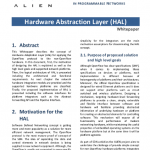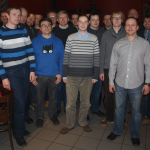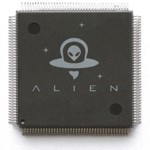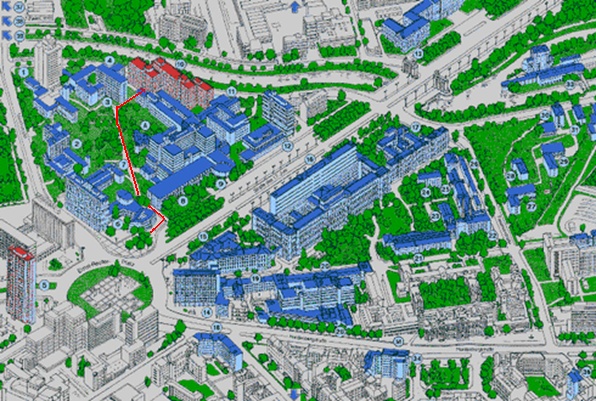Workshop Details: 17 March 14:00-17:30 and Tuesday 18 March, 09:30-13:00
Workshop online agenda: Day 1 Day 2
FIA2014 Programme, including Pre-FIA Workshops: http://www.fi-athens.eu
Exhibition: http://www.fi-athens.eu/exhibitors
Hashtags: #FIA_Athens, @FIAAthens2014, #ICT_FIRE, @ICT_FIRE
The European Commission’s FIRE programme has brought Europe several large-scale test beds and platforms addressing a broad range of applications, services and technologies for the Future Internet. These facilities have already supported advanced experiments proving that experimentally-driven research and innovation are key mechanisms for the development of the Future Internet. As many of these facilities are mature enough to be opened up for wider use, now is the time to explore ways of making them sustainable after EC or national funding has expired.









